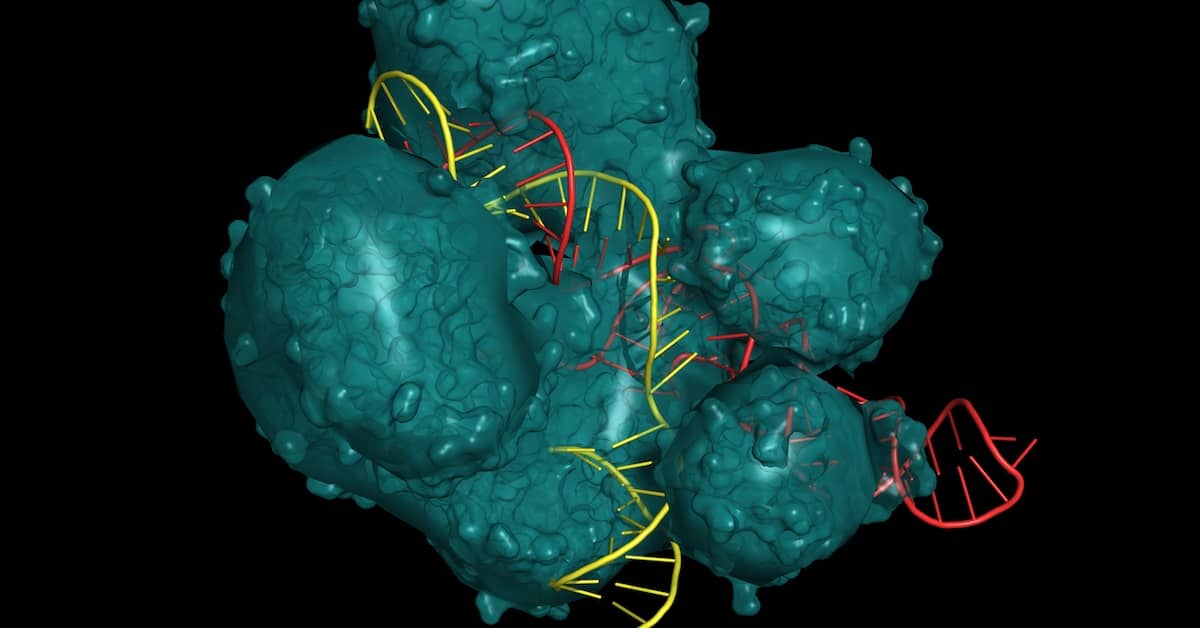
You’ve probably heard of CRISPR if you follow technology news at all. It’s the breakthrough that made it easy and cheap to modify genes.
In an age when many people won’t even eat GMO foods, doing gene modifications on yourself is probably a non-starter. But stay with me a moment: The gene modifications involved here may save or extend the lives of some very sick people.
While some are fearful this new technology will be used for malicious purposes, others believe it has the potential to cure genetic diseases like cystic fibrosis and muscular dystrophy, and to be a powerful new tool in the treatment of cancer.
It may also have another application. Scientists at the Salk Institute have just demonstrated it can suppress aging and extend the lifespan of mice.
Could it do the same for humans?
This blog is dedicated to covering EVERY anti-aging strategy, so let’s take a peek at this one. . .
Rare Human Disease Accelerates Aging
CRISPR-associated protein 9 (Crispr-Cas9) is a simple, versatile and precise method of genetic manipulation based on the way the immune system of bacteria fend off viral attacks by snipping a piece of DNA inside the virus and making a change to the DNA at that point.The same principle enables scientists to remove, edit or alter small bits of human genes.
To see if this new form of genetic manipulation could hold back aging, scientists at Salk's Gene Expression Laboratory in La Jolla, California, used special mice that were engineered to develop progeria - a rare genetic condition in humans that accelerates aging.
A child born with progeria has an average life expectancy of just 13. These children usually die from a heart attack or stroke.
I think you’ll agree that using gene editing to help them is a worthy effort.
Toxic Protein Builds Up, Accelerates Aging
Normal mice live two to three years, but mice afflicted with progeria live only 16 to 20 weeks. For this reason, progeria rodent models are widely used to understand the mechanisms that drive the aging process.The cause of progeria is a mutation in a gene called LMNA. In people without the mutation, the gene codes for two proteins -- lamin A and lamin C. But those with progeria produce a toxic version of lamin A called progerin. It's this protein that builds up quickly and thereby speeds aging.
Interestingly, progerin is also found in normal cells in the elderly. This age group shares many of the characteristics of mutation-caused progeria, including the propensity to develop atherosclerosis. Some degenerative diseases are also caused by a mutation in the LMNA gene
Extends Lifespan by a Quarter
To stop the buildup of progerin, the scientists used a carrier virus to deliver the CRISPR-Cas9 editor to a specific piece of DNA. Here it made a critical cut to halt the production of progerin without impacting lamin C.Two months later the mice were larger and stronger. They exhibited improved cardiovascular health. Common symptoms of progeria -- degenerating arterial blood vessels and bradycardia (slower than normal heart rate) -- were delayed. Their activity levels returned to those of normal, healthy mice -- and they lived 25% longer than mice with progeria that were not treated.
Because many of the features of progeria -- increased DNA damage, changes in gene expression, loss of stem cell populations -- are seen in normal aging, the scientists are hopeful they can adapt their work to target selected molecules that drive aging in humans.
Pradeep Reddy, one of the Salk team, is optimistic:
"Among the many molecular drivers of aging, abnormalities in the nuclear envelope of the cells are observed with age. This is due to the accumulation of the toxic form of LMNA gene product. In such cases, our method can be used to permanently fix the problem by blocking the expression of the gene."
His lab is actively pursuing how epigenetic changes take place with age and what genes need to be altered to not only slow down aging, but to actually reverse it.
Apparently gene modifications of this type cannot be inherited. That only occurs with edits applied to sperm or egg cells. So as far as I can gather, the sort of gene edits discussed here affect only the individual receiving the treatment and cannot lead to genetically modified offspring.
